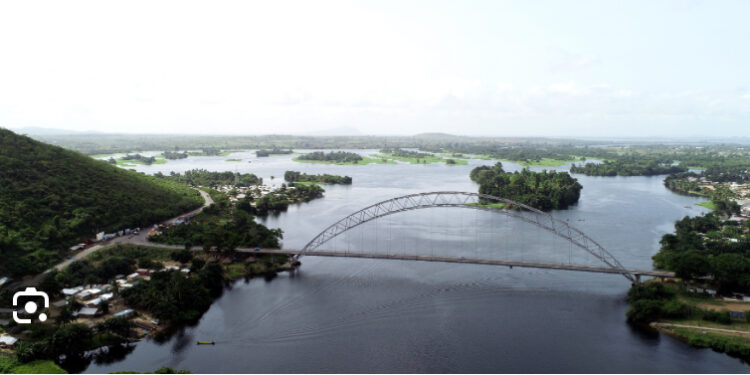The Ghana Maritime Authority (GMA) has warned that persistent disregard for safety protocols by inland waterway users is eroding gains made through state investments and policy interventions aimed at reducing preventable accidents.
Responding to a viral video showing an overcrowded boat on Lake Volta with passengers failing to wear life-jackets, the Authority said such actions risk reversing progress made in safeguarding inland transport.
The video, widely circulated on social media platforms, drew public criticism and renewed scrutiny over regulatory compliance and enforcement gaps in Ghana’s water transport sector.
In a formal statement dated July 24, the GMA described the incident as “a sobering reminder” of consequences from indifference toward safety regulations, recalling the recent tragedy at Dikpe in Upper West Region when seven schoolchildren drowned in a boat accident.
“This blatant disregard for safety protocols persists despite continuous public education campaigns by the Authority, which emphasise the mandatory use of life-jackets and strict adherence to load limits. It is troubling to see such flagrant disregard for life after our extensive investments and campaigns. Enforcement actions will be taken against violators without hesitation,” Dr. Kamal-Deen Ali, Director-General of the GMA said.
The Authority noted that, following the Dikpe incident, it had distributed life jackets to communities in the Lawra municipality and intensified safety education in areas such as Buipe, Kwamikrom, Mepe and Battor. Loadline markings, aimed at curbing overloading, and technical inspections have also been undertaken across the country.
Despite these efforts, the GMA acknowledged that public compliance remains inconsistent. Officials say that while regulatory frameworks are in place, the broader challenge lies in shifting community attitudes toward personal safety and collective responsibility.
“Operators must enforce load limits and passengers must demand life-jackets,” the statement read.
“Without this, our shared goal of zero preventable accidents will remain elusive,” it added.
Recent commentaries have been that behavioural resistance to safety measures such as life jackets stems from a mix of cultural attitudes, economic pressure and logistical constraints in remote communities.
Gains
At the same time, the Authority highlighted several structural interventions underway – including the removal of over 20,000 submerged tree stumps from critical routes on Lake Volta and deploying the MV Nene Azumah Matey Korley vessel to enhance search and rescue capacity.
Observers note that while infrastructure upgrades and policy directives are essential, their success ultimately depends on behavioural change at the grassroots level. In the absence of such change, even the best-designed safety systems may fall short.










Discussion about this post